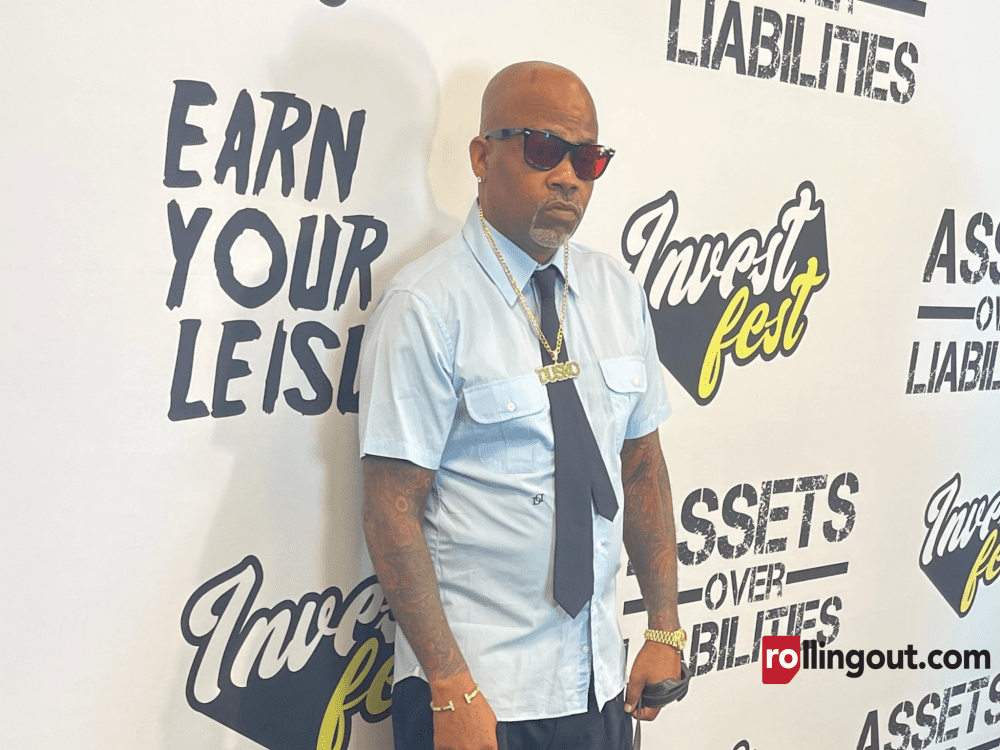When Rick Ross rapped about everyday he’s hustling, we didn’t think he meant hustling to pay off tax debt. Yet here we are in 2025, and the biggest boss is facing some seriously hefty bills from the Georgia Department of Revenue over his iconic estate, The Promised Land.
The numbers that will make your jaw drop
Remember when Ross told us he was worth more than we’re counting? Well, the state of Georgia has been doing some counting of their own, and they’ve hit the rap mogul with a tax bill that would make most of us faint. What started as a $29,043 bill back in 2021 has snowballed into a staggering $65,000 debt. The state waited patiently until late 2024 before finally filing for tax execution, but during that time, the interest kept stacking up like verses on a remix. With $10,576 in interest, $19,516.80 in penalties, and another $5,808 in collection fees, this tax bill has grown faster than Ross’s car collection.
A history of tax troubles
The current Georgia situation isn’t Ross’s first encounter with tax authorities. The rapper’s financial history reads like a greatest hits album, featuring a string of high-stakes tax situations that would make an accountant’s head spin. Back in 2012, the IRS made their first major move with a tax lien on his property. By 2016, the situation had escalated significantly, leading Ross to settle an eye-watering $4.6 million bill in 2018 just to keep his assets safe. But the story didn’t end there as another $1.1 million bill surfaced for the years 2013 and 2014, proving that even when you think you’re caught up, the taxman might have other plans.
The promised land isn’t looking so promising
The irony of Ross’s estate being called The Promised Land isn’t lost on anyone, especially now that it’s at the center of his latest financial storm. The Georgia Department of Revenue’s decision to move forward with tax execution after waiting since 2021 shows that even the most patient tax collectors eventually want their cut. This latest chapter in Ross’s financial saga raises interesting questions about wealth management in the entertainment industry, where complex income streams from touring, record sales, and various business ventures can make tax compliance particularly challenging.
The hustle never stops
While most of us would be in full panic mode over these numbers, Ross keeps his entrepreneurial spirit alive. Between his music career, Wingstop franchises, and various business ventures, he’s proven time and again that he knows how to bounce back from financial setbacks. His ability to maintain multiple revenue streams while dealing with tax issues speaks to his business acumen, even if his tax planning could use some fine-tuning.
The bigger picture
What makes this situation particularly interesting is how it reflects a broader pattern in the music industry. The entertainment world has seen its fair share of tax troubles, from MC Hammer to Lauryn Hill, suggesting that maybe there’s more to this story than just forgotten tax bills. The complex nature of entertainment income, combined with the rapid accumulation of wealth in the industry, creates unique challenges that even the most successful artists struggle to navigate.
Looking ahead
While Ross hasn’t publicly addressed this latest tax situation, his track record suggests he’ll find a way to settle up with Georgia. The real story here isn’t just about one rapper’s tax troubles, it’s about the complicated relationship between success, wealth management, and the responsibilities that come with empire building. Whether you’re running a multimillion-dollar empire or just starting your hustle, keeping your tax affairs in order is crucial.
As this story continues to develop, one thing remains clear: even the biggest bosses need to stay on top of their taxes. And while Ross might be facing another financial hurdle, his history suggests he’ll find a way to keep his promise to The Promised Land. The question isn’t whether he can pay off this debt, but whether he’ll finally get ahead of these recurring tax issues and set a new standard for financial management in the hip-hop industry.

















